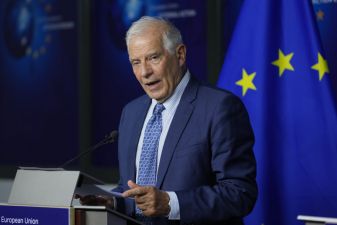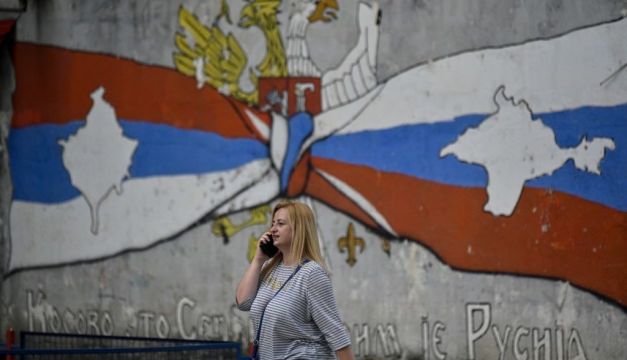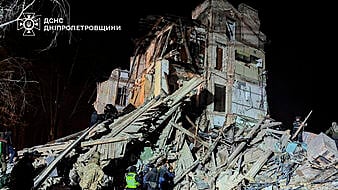Serbia and Kosovo have settled an ethnic dispute over the movement of citizens across their border, European Union foreign policy chief Josep Borrell said on Saturday.
"We have a deal," Borrell said in a tweet. "Kosovo Serbs, as well as all other citizens, will be able to travel freely between Kosovo & Serbia using their ID cards. The EU just received guarantees from PM [Albin] Kurti to this end."
The dispute stemmed from predominantly ethnic Albanian Kosovo's declaration of independence from Serbia in 2008, something Belgrade has refused to recognise.
I am happy that we found a European solution that facilitates travel between #Kosovo and #Serbia, which is in the interest of all citizens of Kosovo and Serbia.
I thank @predsednikrs and @albinkurti for their leadership, and underline the excellent practical EU - US cooperation pic.twitter.com/kO4UZNenwk— Josep Borrell Fontelles (@JosepBorrellF) August 27, 2022
Serbia and Kosovo still have to agree on the hotly contested use of Serbian car number plates issued in the north of Kosovo where Serbs defy the government in Pristina and see Belgrade as their capital.
Independent Kosovo is recognised by the United States, all but five EU members, but not by a number of other states including Serbia's allies Russia and China.
The most recent flareup of tensions between Serbia and Kosovo has been triggered by a directive for Kosovo authorities for local Serbs to switch their car number plates from Serbian to Kosovo ones from September 1st.
Serbs from northern Kosovo, responded by setting roadblocks and clashing sporadically with police before Nato peacekeepers oversaw their removal.
The talks between EU and U.S. envoys with the authorities in Serbia and Kosovo have so far failed to yield concrete results about the car number plates issue.

Earlier in the day, Serbia's president Aleksandar Vucic said he was hoping the EU would provide guarantees for the personal documents agreement.
He also said Serbia would be issuing a "a general disclaimer" in which it would be written that the use of identity cards issued by Pristina was allowed for practical reasons with an aim of facilitating the freedom of movement but not tantamount to the recognition of Kosovo's independence.
"Under the EU-facilitated Dialogue, Serbia agreed to abolish entry/exit documents for Kosovo ID holders and Kosovo agreed to not introduce them for Serbian ID holders," Borrell tweeted.
Belgrade and Kosovo's Serb minority also claim entitlement under a 2013 EU-brokered agreement to an association of semi-autonomous majority-Serb municipalities, which Pristina has refused to implement.







